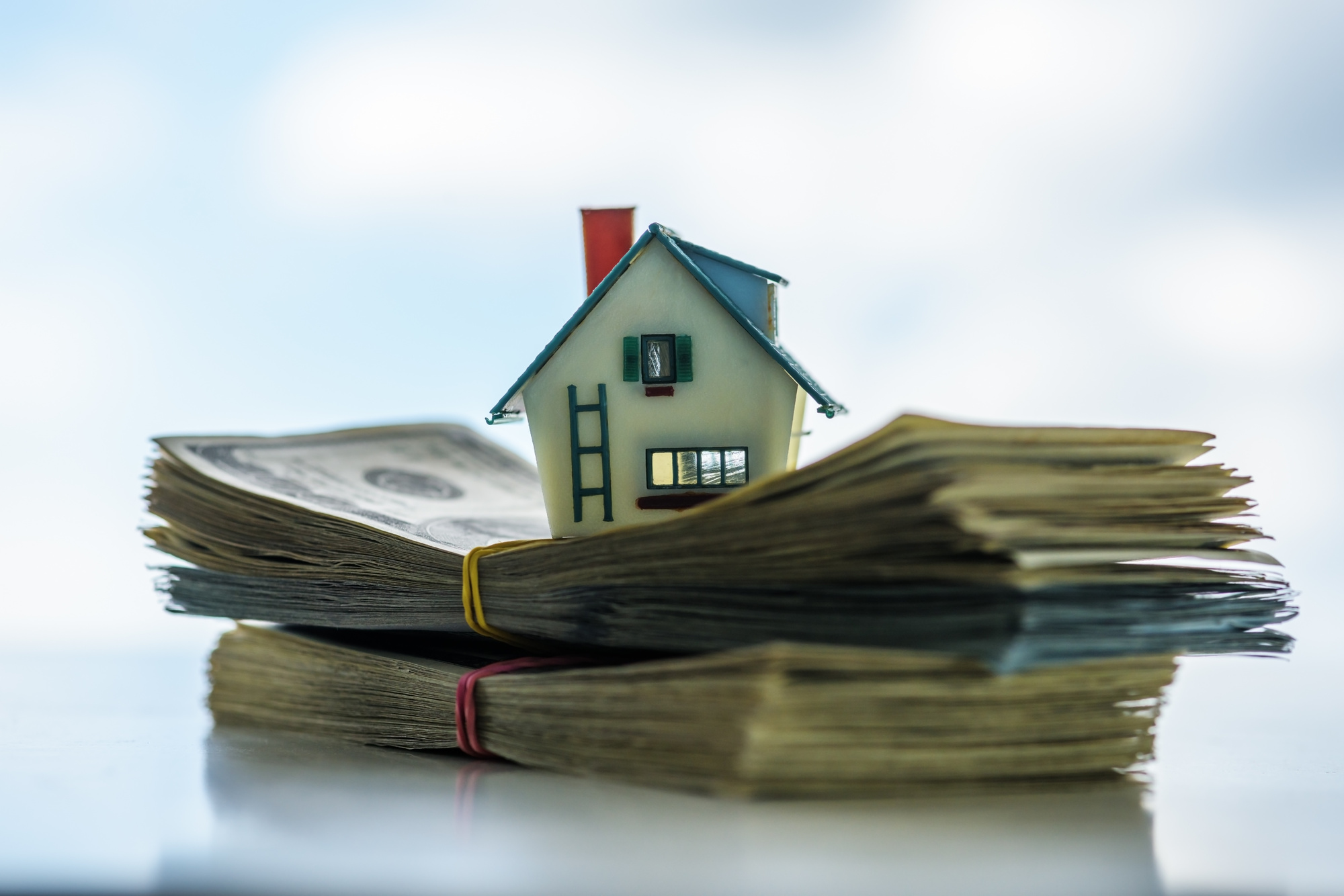Wouldn’t it be nice to make money without lifting a finger?
Buying an investment property is a great way to generate this type of passive income, but it does require quite a bit of upfront work. You’ll have to do your research to make sure you’re able to see the benefits later on.
If you’re buying an investment property, you’re likely hoping to make some money in a couple of different ways. The first is passive income in the form of rent paid by your tenants. The second is equity gains in the form of increased value for your property over time.
Buying investment property doesn’t always mean that you’re buying a condo to rent out. It can mean buying a house to rent out, buying commercial real estate to lease to businesses, or buying a vacation home that you’ll use for short-term rentals. In the post below, you’ll find advice that mostly pertains to buying investment properties to rent.
1. Buying Investment Property Comes With Additional Costs
The first thing you should know about buying an investment property is that you usually have to put down a bigger down payment than you would with a home you were living in. When you down less than 15-20% on your primary residence, you make up for a lower down payment by paying for private mortgage insurance.
Investment properties do not qualify for private mortgage insurance, so you will need to provide a larger down payment.
Additionally, you’ll have some added costs when buying real estate for rental purposes. You’ll likely have to pay for a property management company, as well as homeowners insurance. Be sure to factor these costs in when planning out your budget.
2. Location Matters
While you might not care about living in certain neighborhoods or far away from the city, your prospective renters will care. The closer you can get to the heart of the city, the more likely it is that you’ll have a large pool of prospective renters.
This matters when you’re selecting renters; you want to be able to choose renters with the best credit scores and rental history. The more renters you have to choose from, the more likely it is that you’ll find qualified tenants.
3. Calculations to Determine Profitability
Not all rental properties are profitable. When buying a house or condo to rent out, be sure to calculate how much you’re going to spend annually on the rental properties, including property management fees, insurance, mortgage payments, and more.
Think about what you’re going to do if you go through a gap in which no one is renting your property. Finally, think about what you can reasonably charge for rent. All these costs matter when you’re thinking about getting into real estate investing.
Do Your Research Before Buying an Investment Property
The more research you do, the more prepared you’ll be to handle any surprises that may come up when buying investment property. If you’re interested in hiring a property management company for your next investment property, contact the professionals at Austin Property Management.














